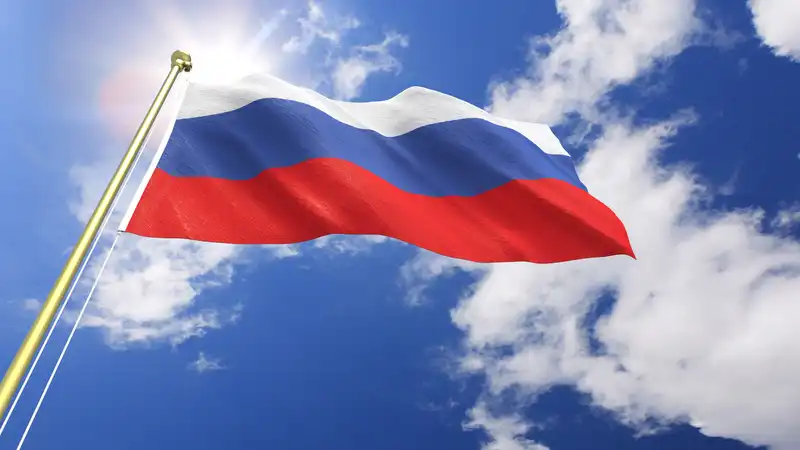This week, Russian antivirus company Kaspersky Labs announced its withdrawal from the United States after the Biden administration banned the sale of Kaspersky software in June due to alleged ties to the Kremlin. This was the culmination of a series of restrictions by the U.S. government: in 2017, the Department of Homeland Security issued a directive banning federal agencies from using Kaspersky software, and in 2018 the same rules applied to the U.S. military.
In addition to its recent statement, Kaspersky announced a six-month offer of free security software and updates as a parting gift to US customers (thanks to The Register). Kaspersky's chosen method of announcing this was a letter addressed “To our lovely you,” which featured a green teddy bear holding a heart balloon and the sign “stay safe,” with a single tear in its eye.
“... Is Uncle Sam a bad guy?” The letter thanked U.S. customers for ‘choosing and trusting Kaspersky over the years’ and said, ”As Kaspersky leaves the U.S., we want to give back the least we can.
The software can be downloaded from Kaspersky's site and includes: Kaspersky Standard, Kaspersky Plus, Kaspersky Password Manager, Kaspersky Safe Kids, Kaspersky VPN Secure Connection.
“We have always been, and continue to be, committed to providing the very best in cyber security: independence, transparency, and expert management,” says Kaspersky. Unfortunately, for now, there is one less option to protect yourself from online threats.”
The U.S. ban goes into effect on September 29, after which Kaspersky will no longer be able to update its software. 'In accordance with compliance requirements, after September 29 we will be forced to stop updating our anti-virus signatures and codebase and disconnect our apps from the Kaspersky Security Network. Other features, including core anti-malware functionality, will continue to function.”
The letter from the anti-virus company concludes with security tips for users “while we're gone.” The Biden administration claims that Kaspersky is a national security threat and is under Moscow's control. Kaspersky denies that the company is a threat to U.S. national security or that its products provide Moscow with a back door through which U.S. computers can be snooped on. Kaspersky says the ban is a sign of “the current geopolitical climate and theoretical concerns.”


Comments